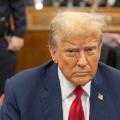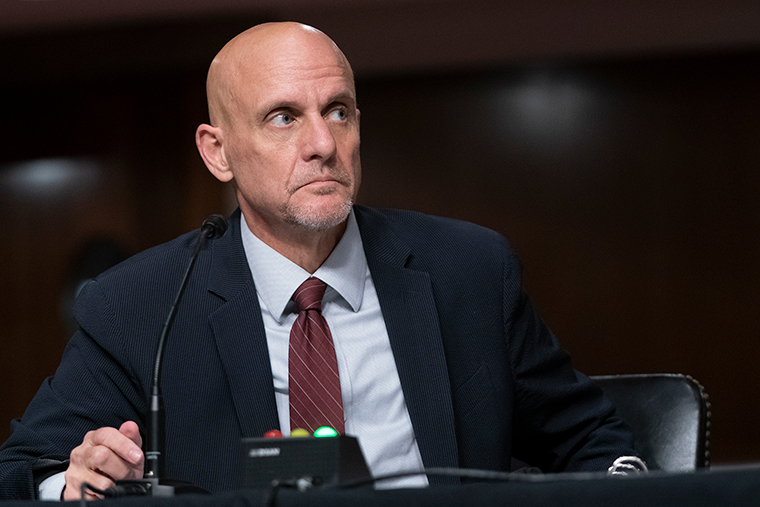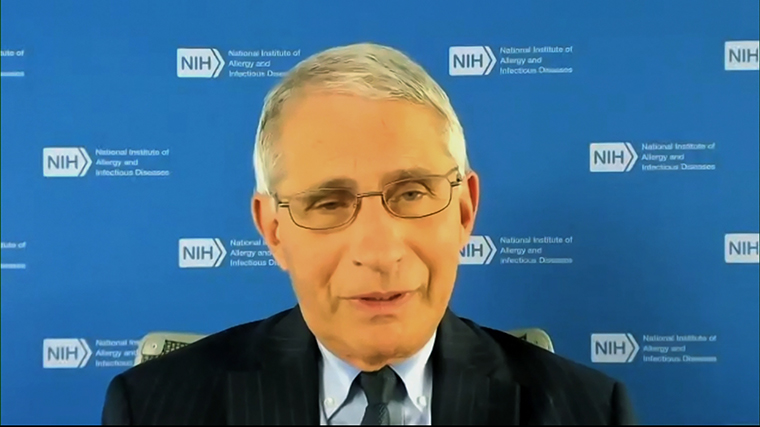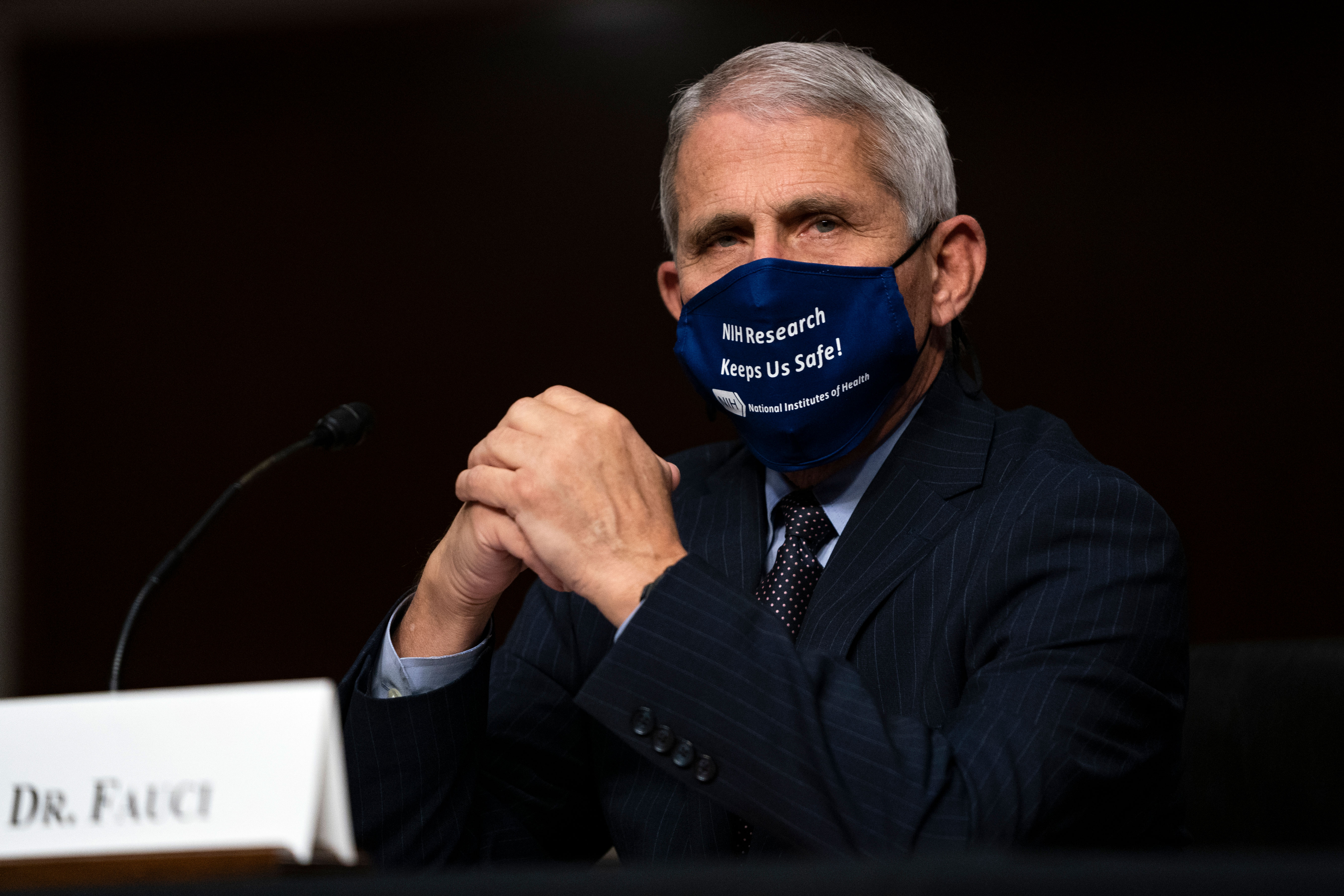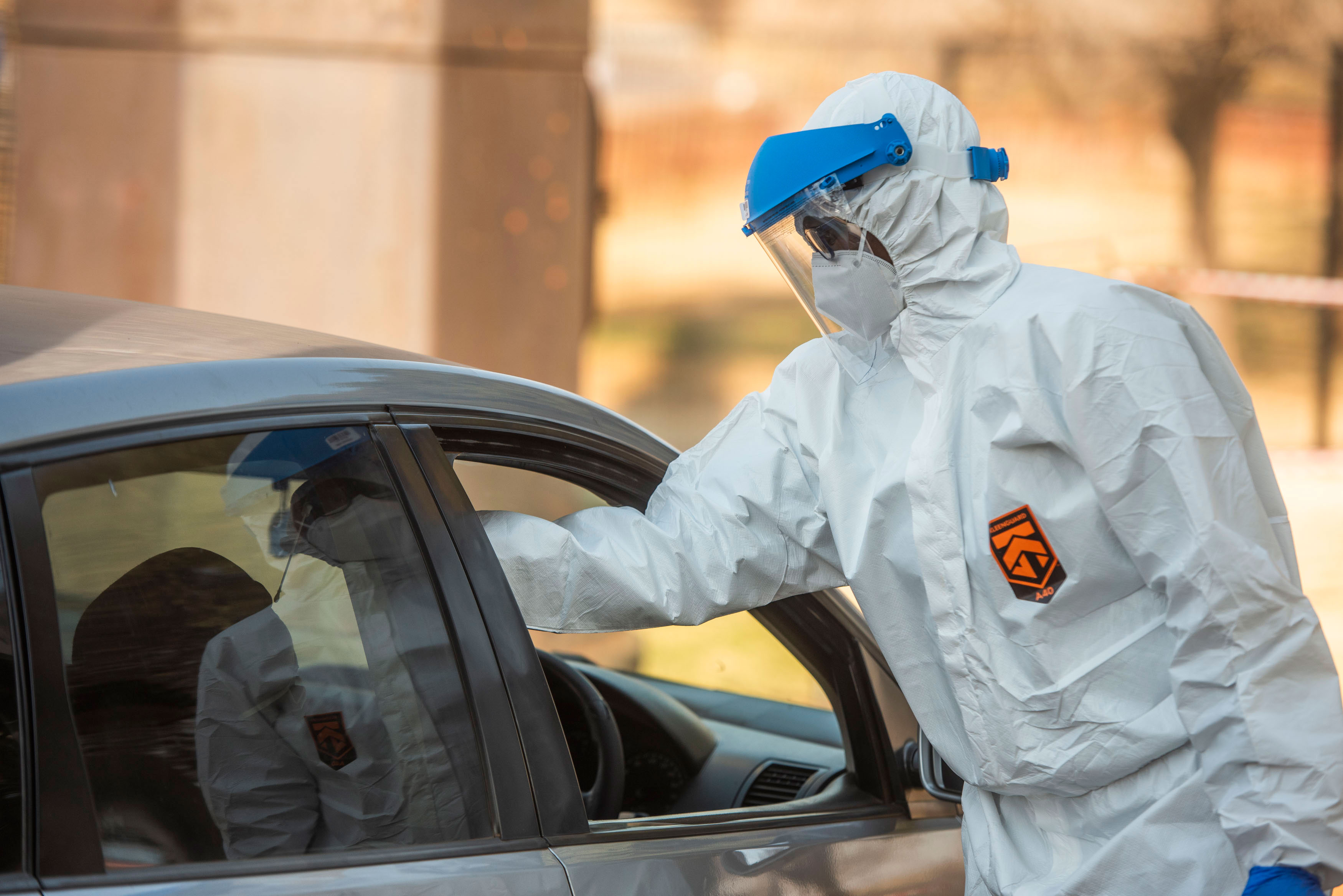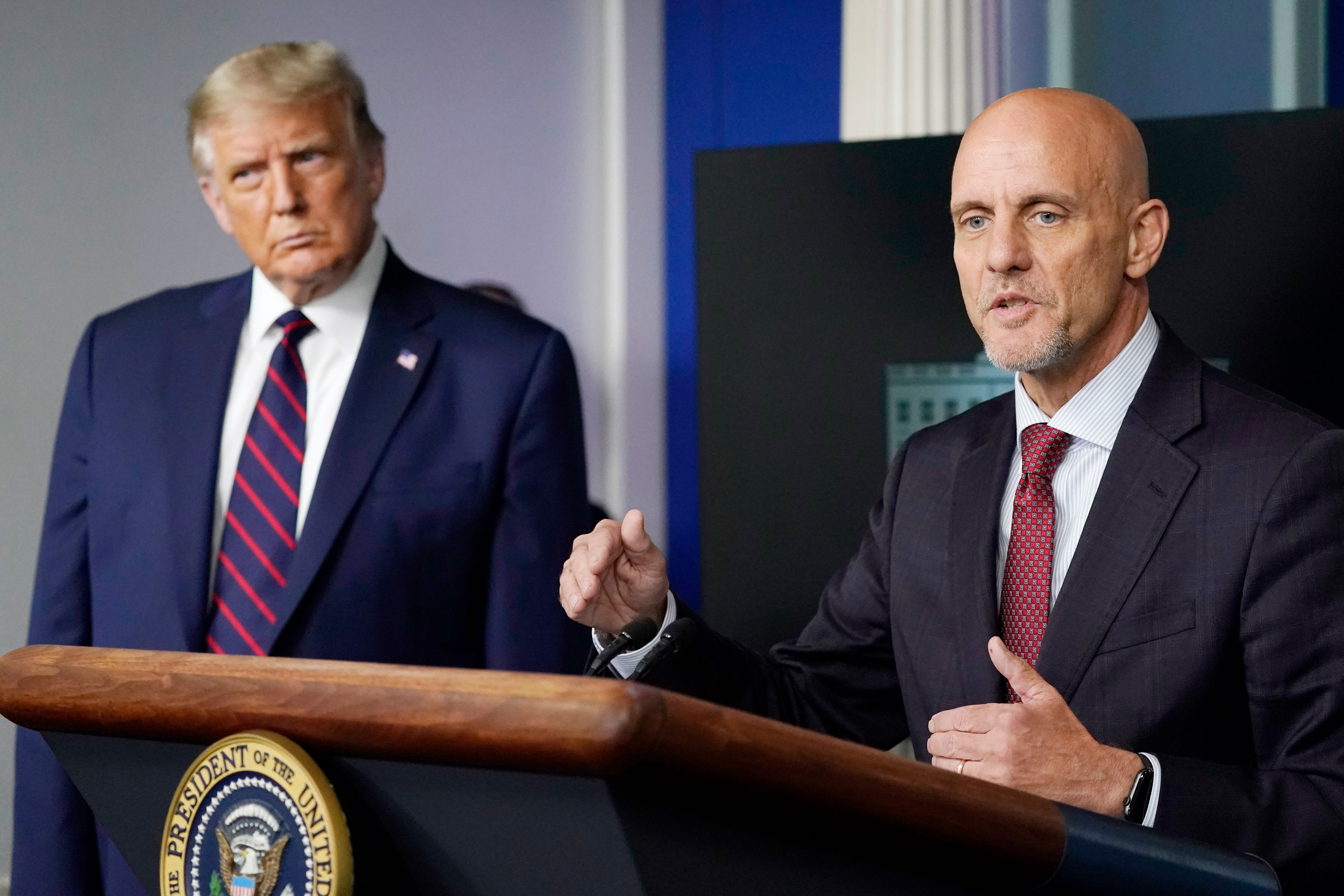
The Pac-12 Conference voted Thursday to reverse course and play football this fall.
The season will begin Nov. 6, and there will be seven conference-only games for each team. The Pac-12 championship game is scheduled for Dec. 18.
It also was announced that men’s and women’s basketball can begin Nov. 25 and that winter sports would resume. No fans will be allowed at any sporting competition taking place on Pac-12 campuses.
For the winter sports of wrestling, women’s gymnastics, and men’s and women’s swimming and diving, each university will determine when practice may commence in accordance with local public health official guidance and the situation on campus. Final competition schedules will be released for those sports at a later date. Fall sports for which post-season championships were postponed by the NCAA until the spring will be conducted starting January 2021, with preparation and practice occurring during the fall as permitted by NCAA rules.
In a separate announcement, the NCAA said Thursday that bowl season can begin on Dec. 1 – meaning potentially that bowl games and regular-season games could be happening simultaneously. The NCAA said that every team is eligible this season. In previous years, teams typically with records at .500 or better were eligible for bowl games.
What this decision means: All of the so-called "Power Five" conferences — Big Ten Conference, the Big 12 Conference, the Atlantic Coast Conference (ACC), the Pac-12 Conference, and the Southeastern Conference (SEC) — are set to compete and play football this fall.


